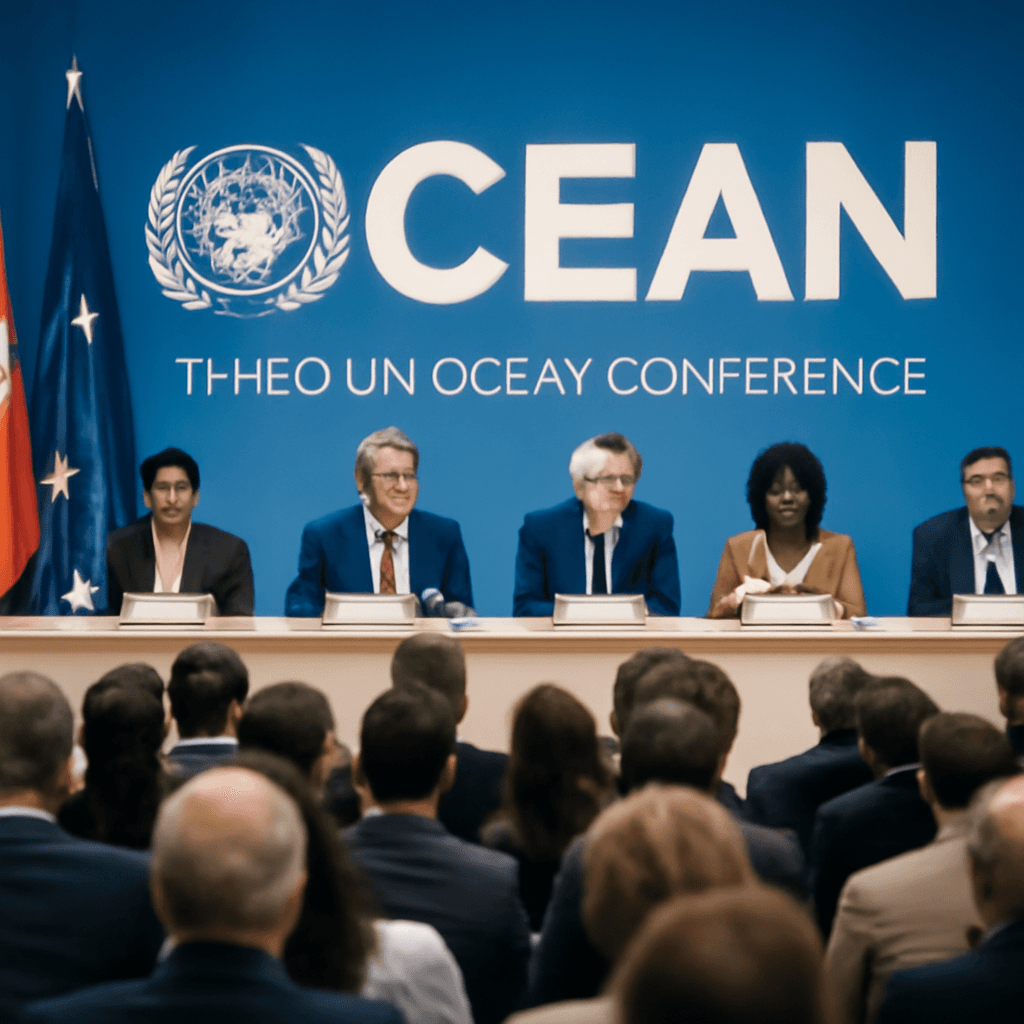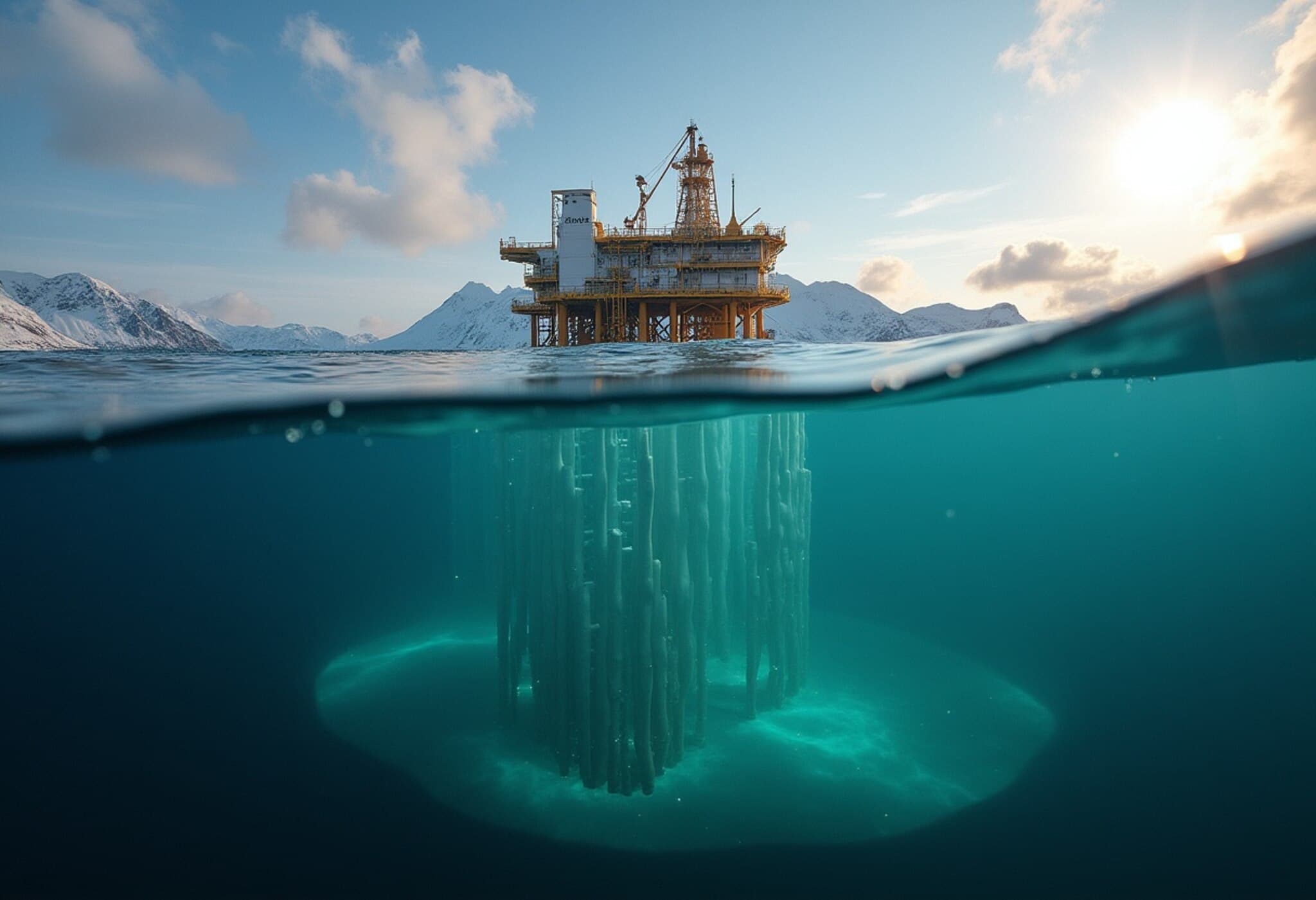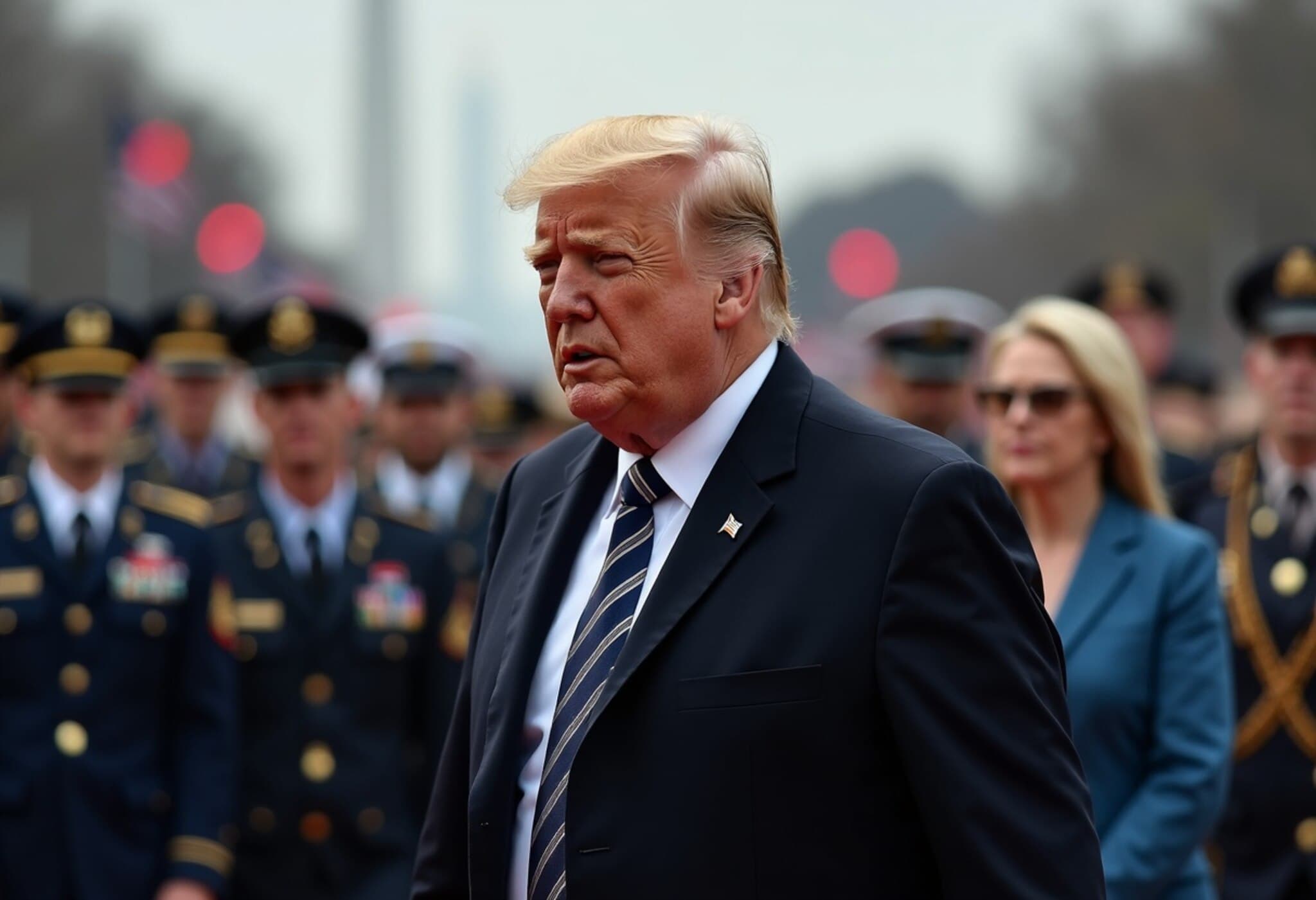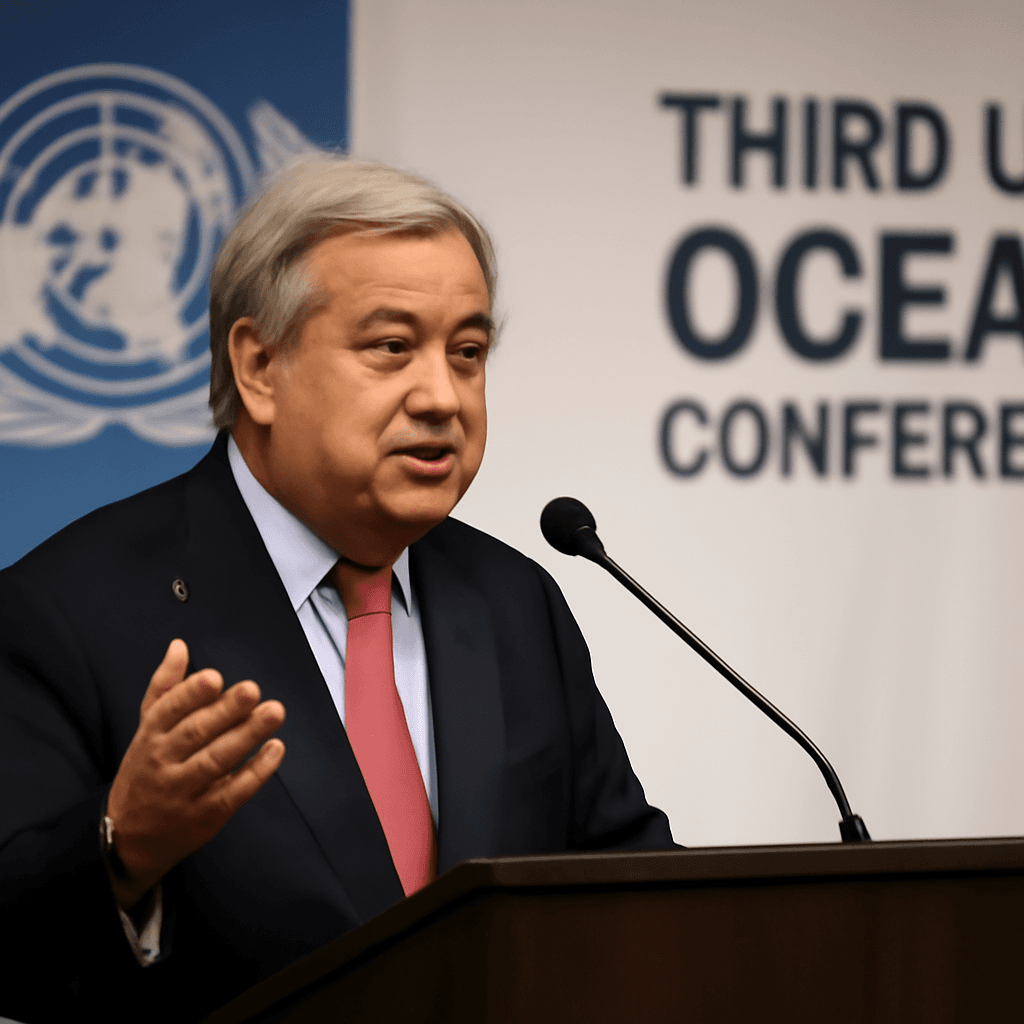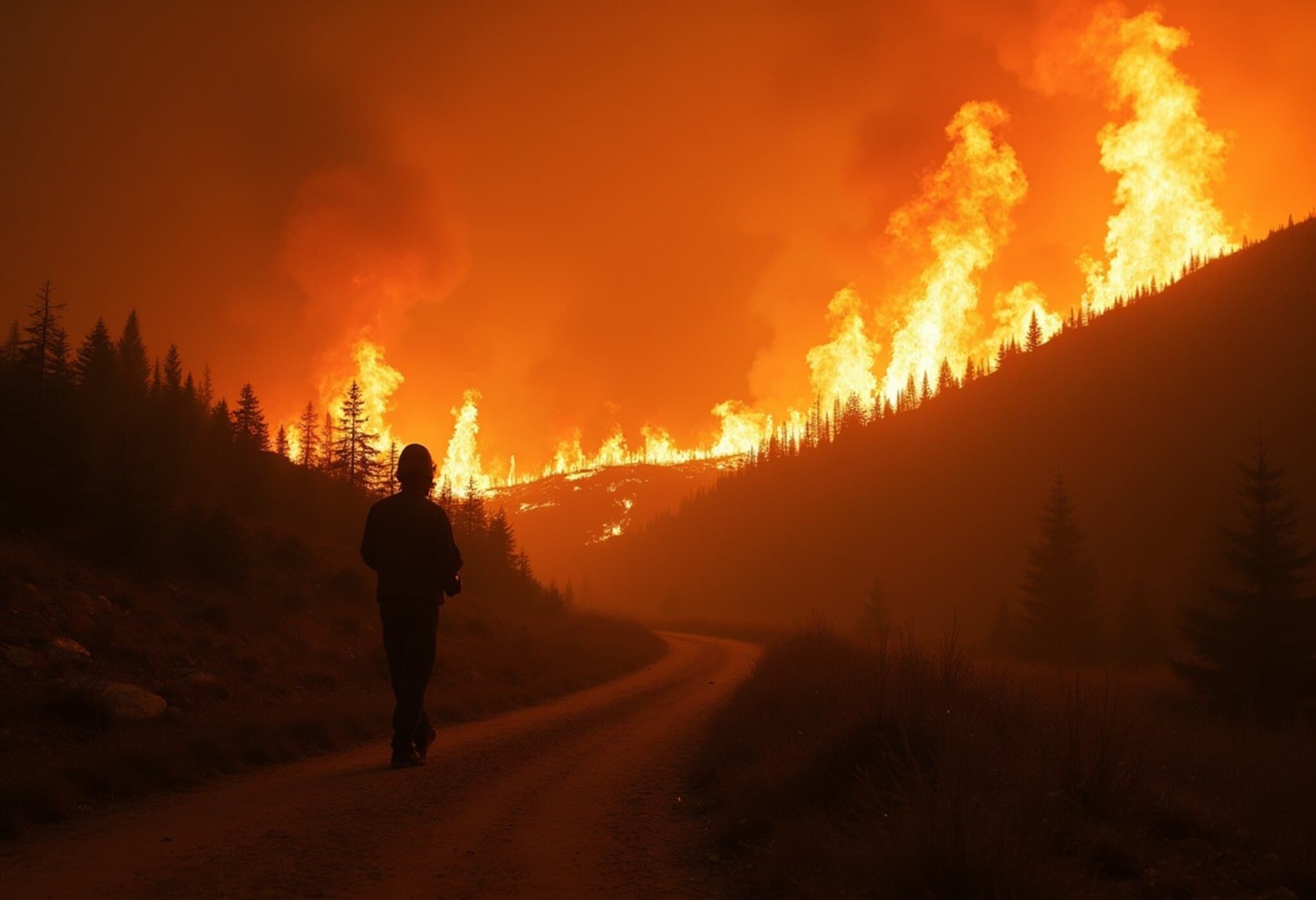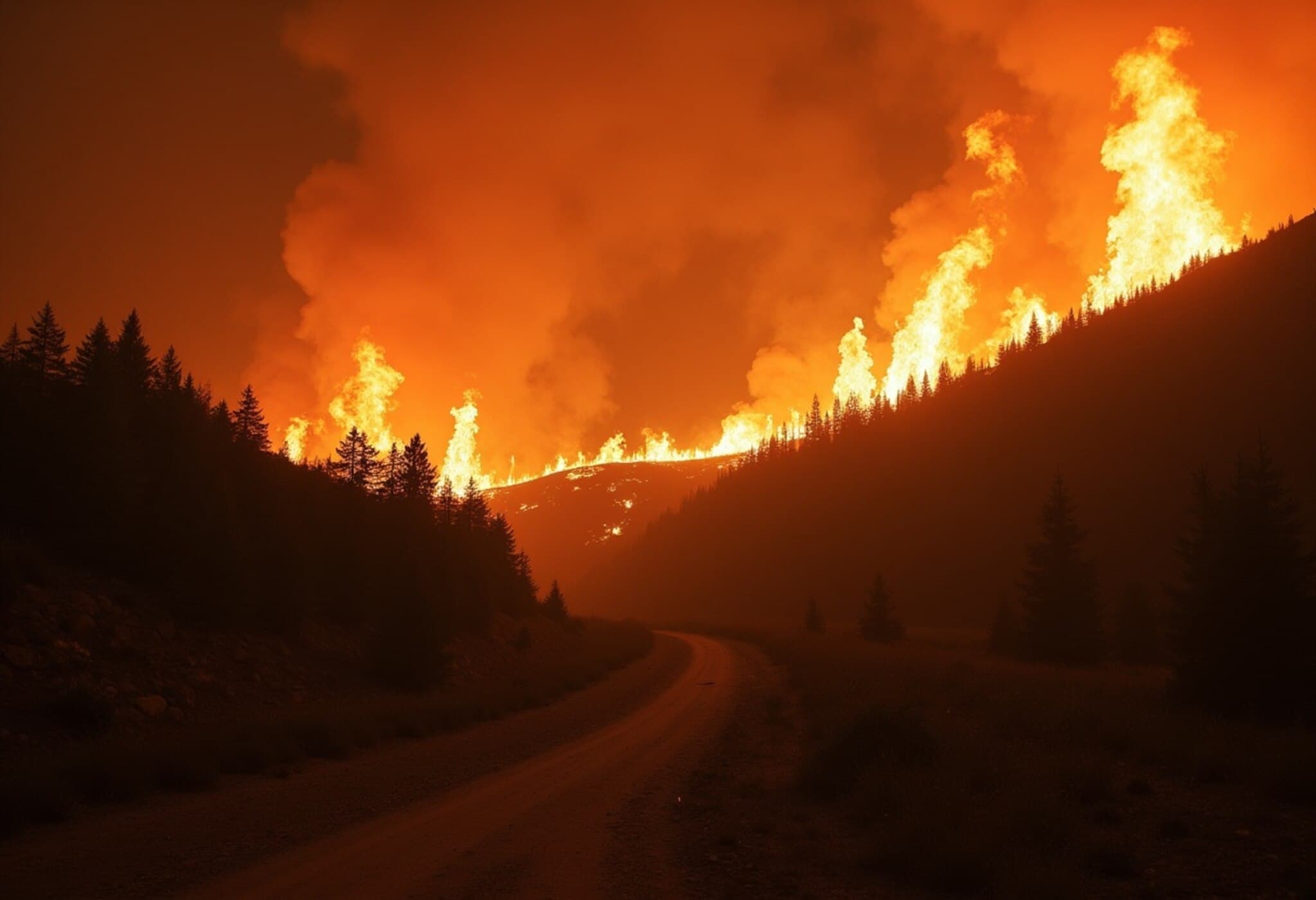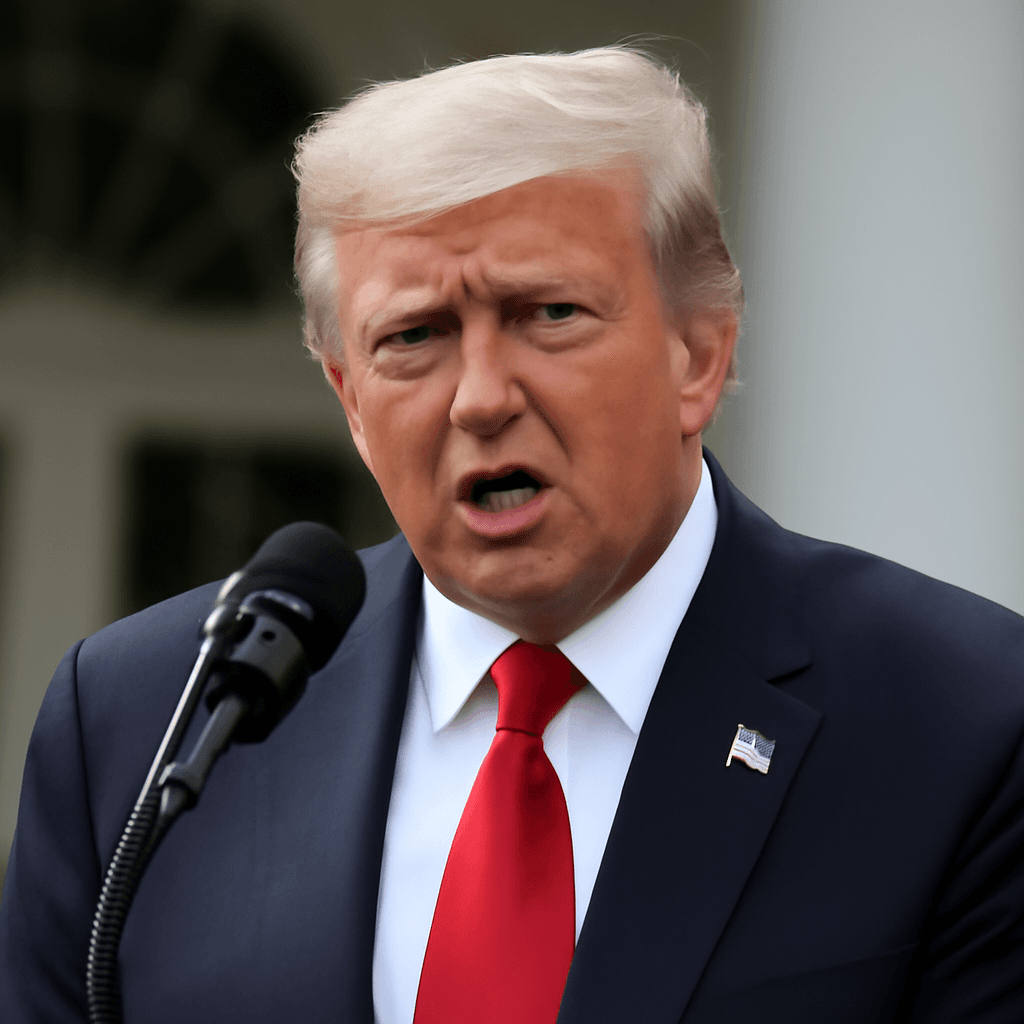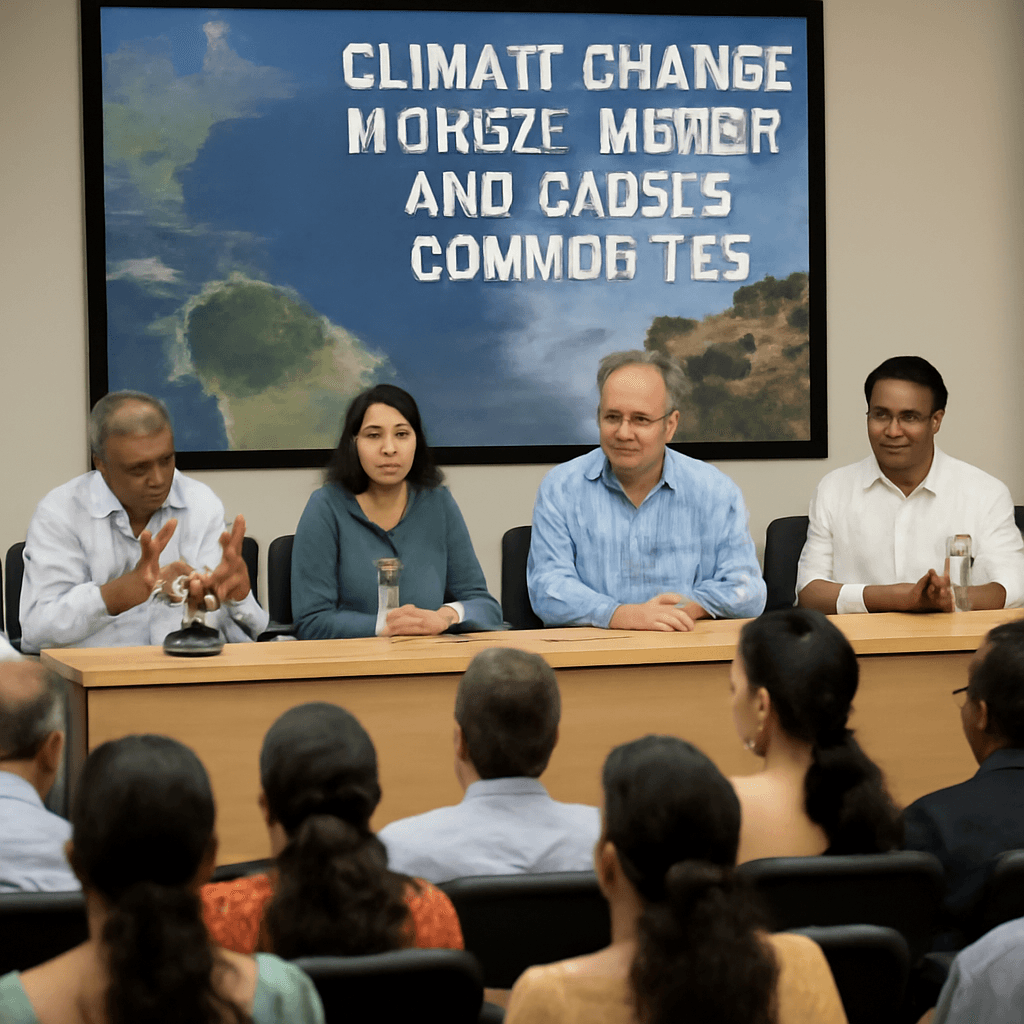The Urgent Call to Protect Our Oceans
From the shores of Kerala to the beaches of Juhu, oceans touch the lives of millions—fishermen, tourists, and communities alike. Yet today, these vital blue expanses are under severe threat. Plastic pollution is overwhelming coastlines faster than cleanup efforts can keep up. Coral reefs suffer from widespread bleaching, fish populations are declining rapidly, and rising sea levels are inching closer to swallowing coastal homes.
The 3rd United Nations Ocean Conference: A Global Wake-Up Call
Between June 9-13, over 10,000 leaders, scientists, activists, and representatives will gather in Nice, France, for the Third UN Ocean Conference (UNOC3). This summit stands at a crucial crossroads where bold decisions will influence the fate of coastlines—from Mumbai to the Maldives, Chennai to Chile.
Co-hosted by France and Costa Rica, the conference centers on Sustainable Development Goal 14 (SDG 14): the conservation and sustainable use of oceans, seas, and marine resources. Under the banner "Accelerating action and mobilizing all actors to conserve and sustainably use the ocean," the gathering aims to unite governments, NGOs, scientists, businesses, and citizens to combat the ocean’s gravest threats: climate change, plastic pollution, overfishing, and biodiversity loss.
India’s Deep Ties and High Stakes
India’s 7,500 km coastline is more than just geography—it is home and livelihood for millions. From the fishermen in Tamil Nadu to booming tourism in Goa and bustling trade through ports like Mumbai, the ocean is the backbone of India’s economy and culture. But threats loom large:
- Rising sea levels threaten ecologically sensitive areas like the Sundarbans and major urban centers such as Chennai.
- Plastic debris smothers beaches stretching from Versova to Visakhapatnam.
- Warming seas wreak havoc on fragile coral reefs in the Andaman Islands.
Why UNOC3 is a Pivotal Moment for India
- Championing the Blue Economy
India is championing sustainable growth by harnessing ocean resources responsibly. Led by Earth Sciences Minister Dr. Jitendra Singh, India’s agenda at UNOC3 includes advocating for equitable ocean governance and sustainable fisheries management. Domestic initiatives like the Sagarmala Project, focused on port modernization and coastal infrastructure, complement these international efforts. - Combating Plastic Pollution
India’s alarming plastic waste challenge finds a global platform at UNOC3, especially with the Global Plastics Treaty negotiations looming in August 2025. The conference offers an opportunity to reinforce national policies through stronger international commitments. - Protecting Marine Biodiversity
India actively supports the High Seas Treaty (BBNJ Agreement), which seeks to safeguard biodiversity beyond national waters. With less than 1% of global oceans currently protected, India’s participation is vital to achieving the ambitious 30x30 conservation target. The conference is a critical moment to rally more nations for ratification. - Building Climate Resilience
Coastal cities like Mumbai face increasing risks from rising tides and extreme weather. The recent launch of the Ocean Rise & Coastal Resilience Coalition aims to bolster science-based planning and access to funding to help vulnerable urban areas adapt.
Global Stakes: A Planet on the Edge
Oceans are warming, fueling more intense storms and endangering marine ecosystems. Projections warn that plastic waste could outweigh fish by 2050. Overfishing poses a severe threat to global food security, while the rapid loss of coral reefs and mangroves undermines crucial carbon storage and habitat.
The conference focuses on pressing priorities such as:
- Securing the ratification of the High Seas Treaty to protect international waters.
- Ending harmful fishing subsidies that drive overexploitation.
- Expanding ocean science for better-informed policies.
The Nice Ocean Action Plan charts a path for accelerated progress, relying on collaboration among governments, corporations, and communities.
India’s Role in Shaping a Sustainable Ocean Future
Through forums like the Indian Ocean Rim Association (IORA) and adherence to the UN Convention on the Law of the Sea (UNCLOS), India is poised to play a leading role in ocean stewardship. From conserving mangroves in the Sundarbans to advancing sustainable aquaculture, India’s actions could ignite a global chain reaction.
Young activists and citizens across India are already stepping up, participating in beach cleanups and ocean conservation education, proving that the journey to healthier oceans is a shared responsibility.
Conclusion
The 3rd UN Ocean Conference is more than a diplomatic gathering—it's a pivotal moment for every nation, especially India, to renew commitments and forge partnerships that will protect our oceans for generations to come. With time running out, the world must act decisively to safeguard the blue heart of our planet.

